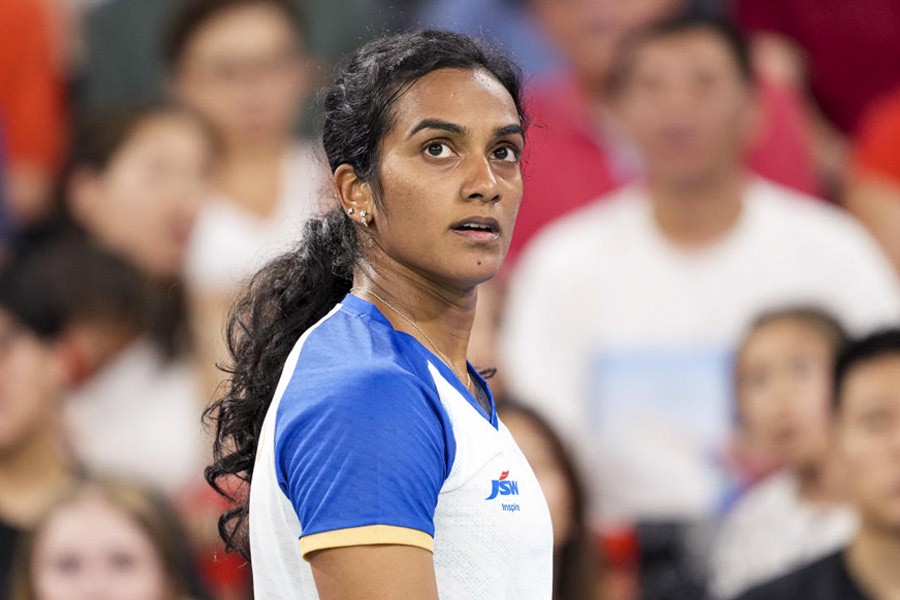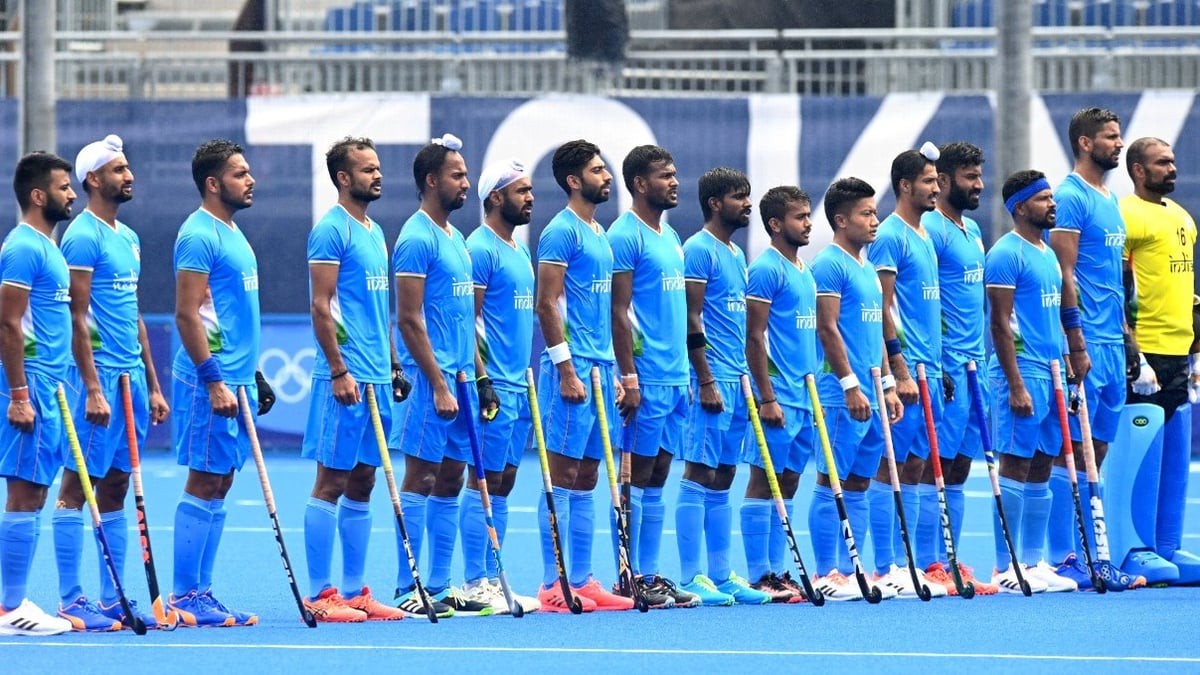Achanta Sharath Kamal will turn 42 a fortnight before the 2024 Paris Olympic Games get underway in July. The table tennis star, who will be one of the oldest athletes in the Indian contingent, will be the country’s flag-bearer at the opening ceremony in what will be his fifth Summer Olympic Games.
Sharath Kamal’s reasoning for continuing with the grind of competing in a physically demanding sport like table tennis, just short of his 42nd birthday, is simple. His trophy cabinet, which has multiple Asian Games and Commonwealth Games medals, is still missing a coveted Olympic Games medal.
“When you look at my closet, I had the gold medals at the Commonwealth Games, the bronze medal at the Asian Games, but there’s one place which is still empty, which is the Olympic medal,” Sharath Kamal said at a virtual interaction, organised by the Sports Authority of India in association with the Indian Olympic Association and the Table Tennis Federation of India.
He explained that at his first Olympic appearance, at the 2004 edition in Athens, Greece, he was unaware of “what it was to represent the country at the Olympics,” nor what it was to win a medal for the country.
“I started my journey [in Athens] and then slowly into the Commonwealth Games and the Asian Games, we were able to get our foot inside the door and establish ourselves as stronger players. Hopefully, now at the Olympics we will be able to do that,” he added.
Having long been the lone flag-bearer for Indian table tennis over the past two decades, Sharath Kamal has seen the emergence of the likes of Manika Batra, Sathiyan Gnansekaran, Sreeja Akula, Harmeet Desai, Manav Thakkar and over the years.
This has been reflected in India’s performances at the past two Commonwealth Games and the Asian Games. At the 2018 Asiad, Sharath Kamal led India to their first-ever medals, winning bronze each in the men’s team and mixed doubles [with Batra] events. The doubles and team events will once again be key to the Indian table tennis contingent’s fortunes in Paris, Sharath Kamal said.
Like many an athlete who play beyond 35, his focus over the years has shifted towards ensuring his body gets enough time to recover. That means less time practicing on the table and more time dipping himself in ice baths and working with his physiotherapist.
Along with his coach, his support staff also includes a strength and conditioning coach, a mental coach and nutritionists. It takes a well-oiled team of sports science experts to ensure that Sharath Kamal is functioning at optimum level when needed.
It is a far cry from what Sharath Kamal had at his disposal a decade ago.
“Until 2015, I was a loner,” he said. “I just went [for tournaments] and I just tried there. But since 2016, TOPS [Target Olympic Podium Scheme run by the sports ministry] has been really able to help guide all of us in terms of sports science and financial support, and gave us the right environment that is required for an athlete to blossom.”
He added that there has been a change in the way the sport has been received. He recalled a time when, after winning medals at the 2006 Commonwealth Games, people would ask him if he was “studying or playing sport for a living.”
“They really couldn’t understand,” he said.
Sharath Kamal is currently on a four-week training stint in Germany before he returns to India to train with the team before heading to Paris. The German trip had only become possible after India secured qualification for the Olympics, in the men’s and women’s team events, in March.
This means studying his preparations for previous Olympic, Asian and Commonwealth Games to chalk out a training schedule. Next came figuring out where he currently stands and what he needs to work on in training. Once he worked on getting his physical fitness back to his best at his home in Chennai, Sharath Kamal went to Germany to get some much-needed game time against top European players.
The table tennis schedule at the Olympic Games is especially grueling with matches being played almost on a daily basis. With Sharath Kamal competing in the singles and team events, the stress on his body will be keenly felt as will the mental pressure that comes with competing at the Olympics.
“[At the 2022 Commonwealth Games] I played six matches a day for two days consecutively, and on the last day went in to play another four matches,” he said. “Physically, it’s demanding, especially at my age where recovery is very, very slow.
“I had to make sure that I put my body into that kind of training way ahead so that when time comes, it’s not something new for me. I’m used to the workload and I’m able to do it. To make sure you’re hitting the peak, I think that’s something which my support staff had done very well,” he added.
This has been the longest time Sharath Kamal has had to prepare for an Olympic Games. In what will likely be his final Olympic Games, the veteran paddler is giving it his all to fill the empty spot in his trophy cabinet.





